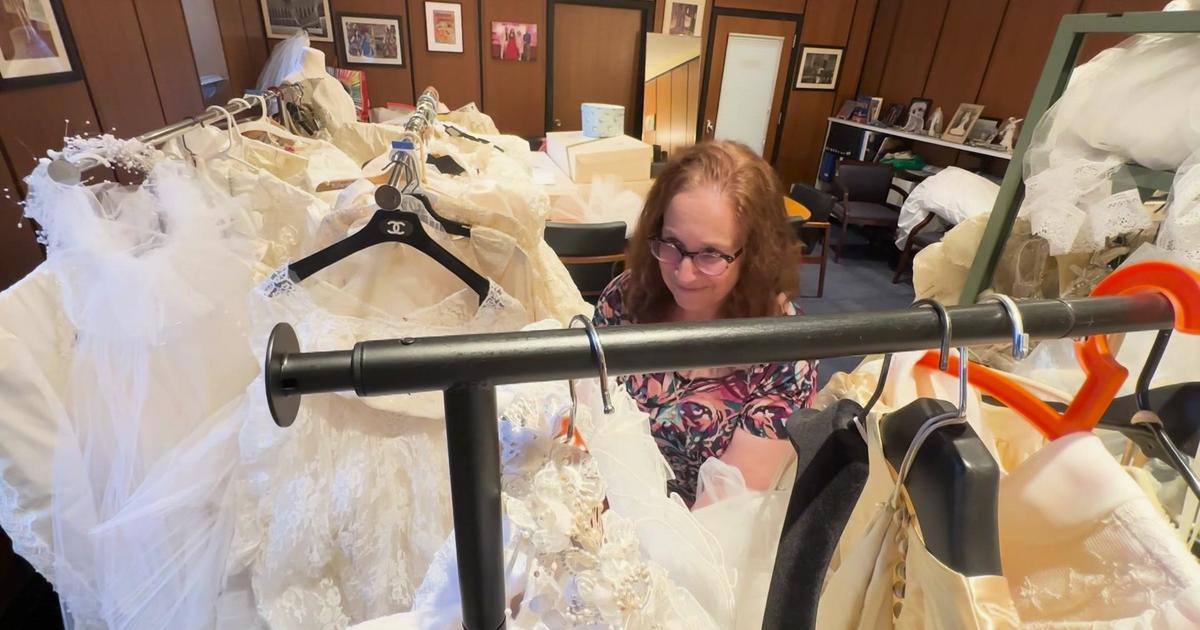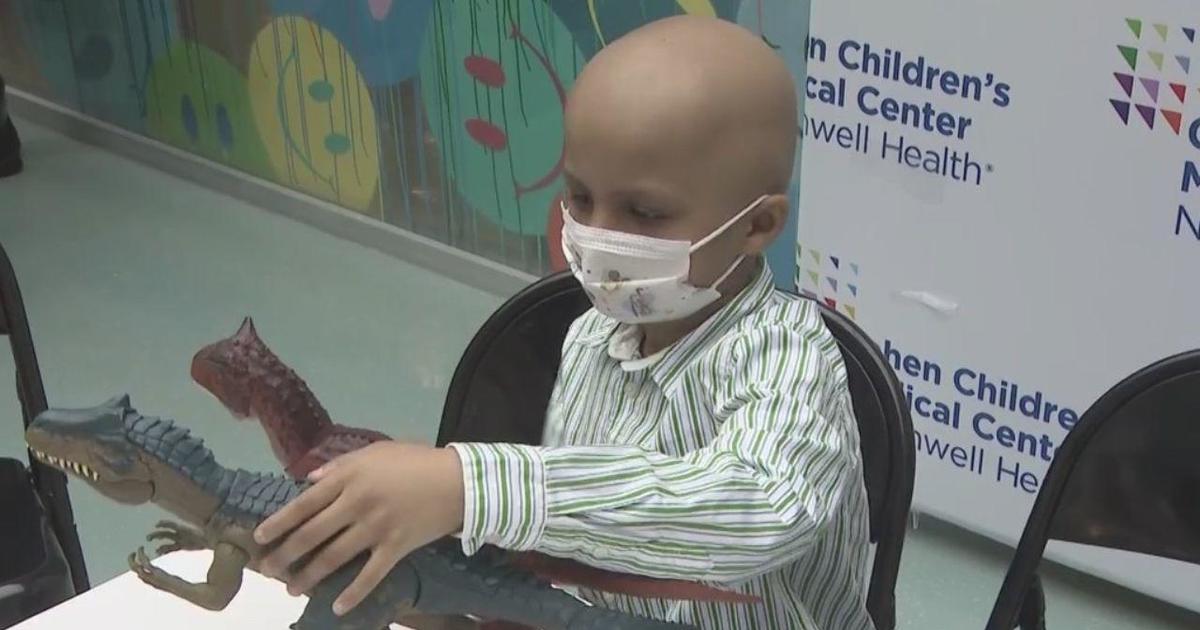Seen At 11: New Technology Can Make It So 1 Baby Has 3 Parents
NEW YORK(CBSNewYork) -- New technology could bring babies into the world with three biological parents. The procedure is close to being legalized in the United Kingdom, and is aimed at preventing a genetic disorder.
But some people argue that more attention needs to be paid to the ethics behind the process.
Doctors at Pacific Fertility Center recently told CBS 2 Kristine Johnson that they are now able to use technology to screen and select embryos that are free of genetic diseases.
"The goal is always the same: identify embryos that are unaffected, and are going to produce normal children and only transfer those back," explained Dr. Rusty Herbert.
Now, in Britain, technology is about to take a huge leap, and create babies using the DNA from three different people in an effort to prevent mitochondrial disorders.
Mitochondria is the main power generator inside of human cells. If it is defective, mothers could pass on devastating diseases to their children.
A three-person biological baby involves two fertilized eggs.
An egg is taken from a woman with mitochondrial problem and a sperm is taken from the father. A second egg is taken from another woman with healthy mitochondria.
DNA from the donor egg is replaced with DNA from the first egg, which is then implanted in the first woman. The baby is born with less than 1 percent of the DNA from the donor mother.
Not everyone is thrilled about the new advance.
"People have characterized this as sliding down a slippery slope. This one actually throws us off a cliff," said Marcy Darnovsky, a spokesperson for the Center For Genetics And Society.
Darnovsky claims that the technology violates international treaties and opens the door to a new world of genetically enhanced "super babies."
"We may find ourselves in that kind of world before we know it and I think most us don't want to be there," she said.
However, others say "regulate," don't deny.
"For a disease situation, for mitochondrial disease, this should be strongly explored," Dr. Herbert said.
The technology has received support from the British public, according to published reports, but lawmakers have yet to make a decision on whether doctors can move forward.
You may share your thoughts in our comments section below...



